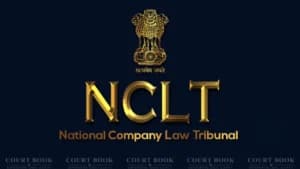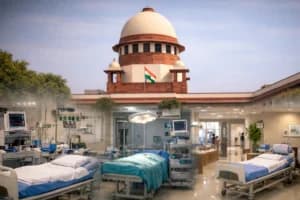The Bombay High Court has ruled that a sales tax incentive granted under a government scheme to promote industrial growth should be classified as a capital receipt and therefore not subject to taxation. The division bench of Chief Justice Alok Aradhe and Justice Sandeep V. Marne delivered this decision while addressing whether incentives received through exemption from sales tax liability under the State Government’s scheme ought to be treated as a capital account benefit, exempt from tax, or as revenue receipts subject to tax.
The case concerned Bajaj Auto Limited, which had established a manufacturing unit for two-wheelers, three-wheelers, and spare parts at Waluj, Aurangabad, a backward area notified under the government’s industrial promotion policies. The State Government of Maharashtra introduced a scheme on 4 May 1983, granting eligible industries an option of sales tax exemption or deferral for a limited period to support industrial development in underdeveloped regions. Bajaj Auto was granted an eligibility certificate for a three-year exemption period starting from 1 February 1986.
Read Also:-Bombay High Court Denies Bail in Serious POCSO Offence: Emphasizes Victim Protection Over Liberty
During the assessment proceedings, Bajaj Auto claimed that the incentives received under the scheme were capital receipts since they were intended to promote industrial development in backward areas and not aimed at enhancing the company’s profitability. The company emphasized that the scheme did not grant cash subsidies but allowed adjustment of the eligible incentive amount against the sales tax payable from the commencement of production.
The Assessing Officer, however, treated the incentives as revenue receipts and taxable under the Income Tax Act, leading Bajaj Auto to file appeals before the Commissioner of Income Tax (Appeals) and later the Income Tax Appellate Tribunal (ITAT). While the CIT(A) partly allowed the appeal, it did not accept Bajaj Auto’s contention on the tax treatment of sales tax incentives. The ITAT also took the view that the incentives should be considered revenue receipts, making them taxable.
“The incentives/subsidy granted by the State Government under both the 1979 as well as the 1983 Schemes were for the purpose of setting up of new industrial units,” observed the Bombay High Court. “The incentive/subsidy was not granted for the purpose of enabling the Assessees to run the business more profitably. After applying the purpose test, it is clear that the incentive provided to the Assessee under both the Schemes was for promoting setting up of new industrial units in developing areas of the State. The incentive was aimed at promoting industrialization in the State.”
The court took note of consistent judicial principles laid down by the Supreme Court in cases such as CIT v. Ponni Sugars and Chemicals Ltd. and CIT v. Chaphalkar Brothers, reiterating that “the form or mechanism through which the subsidy is given is irrelevant,” and what matters is the objective of the subsidy. The High Court emphasized that even though the actual grant of the incentive is linked to production activity or sales after the industrial unit becomes operational, it should still be considered a capital receipt so long as the purpose of granting the incentive was to encourage industrialization.
Quoting further, the bench said, The manner of provision of incentive by adjusting the same against sales tax liability post-production was merely a form or the mechanism through which the subsidy was routed and the same has absolutely no relevance for determining the purpose for which the incentive was provided.
Read Also:-Bombay High Court Restrains Use of ‘SHREE RAM BANDHU’ Mark in Trademark Dispute
The bench, therefore, dismissed the appeal filed by the Revenue and allowed the appeal of Bajaj Auto Limited, holding that the sales tax incentive must be treated as a capital receipt and not liable to income tax.
Case Title: Bajaj Auto Limited v. Dy. Commissioner of Income Tax
Case Number: INCOME TAX APPEAL NO.505 OF 2003
Counsel for Appellant/ Assessee: P.J. Pardiwalla
Counsel for Respondent/ Department: J.D. Mistri














